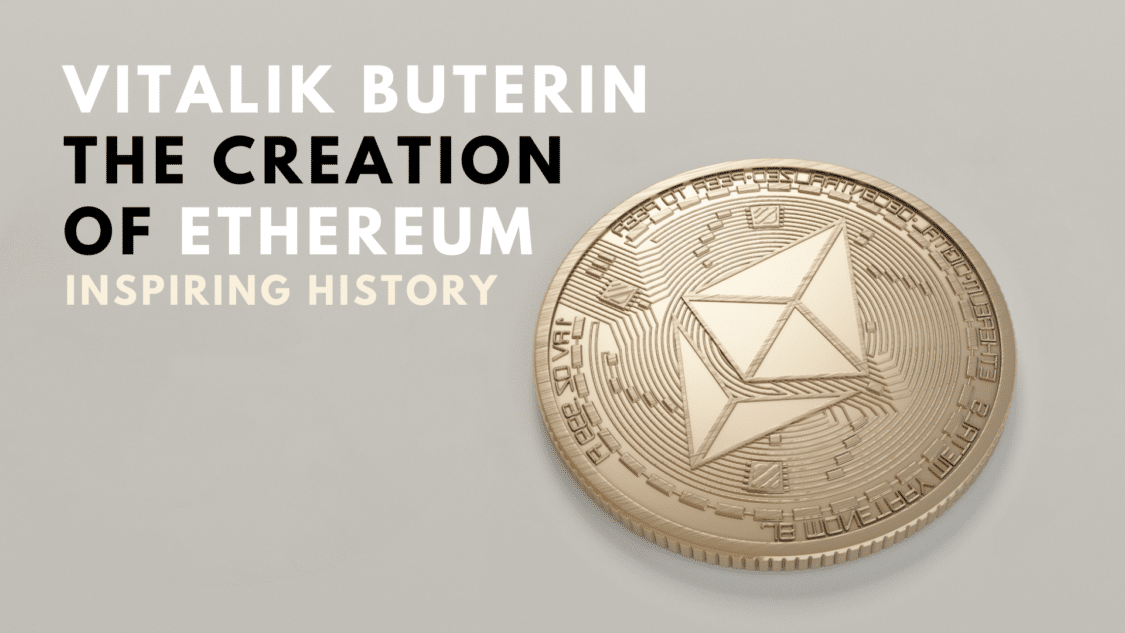Vitalik Buterin – a Russian – Canadian writer and programmer. Vitalik is in the Bitcoin community since 2011. He is the one behind Ethereum – the blockchain platform.

In 2013 Buterin wrote down his ideas on white paper. After sharing this with his friends 30 people reached out to discuss the concept that he had jotted down. The idea was about digital currency however, over time the vision took a turn and by January 2014 they realized that it’s rather easy to create decentralized file storage with the use of codes.
His project went public January 2014 with the help of Vitalik Buterin, Mihai Alise, Anthony Di Lorio, Charles Hoskison, Joe Lubin, and Gavin Wood.
Buterin also gave a talk about Ethereum at a Bitcoin conference in Miami. A few months later, the team decided to fund the development by holding an initial coin offering (ICO) of Ether, the Ethereum network’s native asset. Vitalik got $100,000 Thiel Fellowship grant around the same time.

The team raised around 31,000 BTC ($18 million at the time) via the sale of ETH. The Ethereum team formed the Ethereum Foundation. It is a non-profit corporation located in Switzerland, to manage the development of Ethereum’s open-source software. Despite some bumps in the road, Ethereum’s crowdfunding initiative was a success.
The idea behind Ethereum’s design is simple and user-friendly. It is to adhere to several principles including universality, modularity, nondiscrimination, and no censorship.
Buterin’s plans for the future:
Buterin’s guess is that within the next ten years Ethereum will be “ruling the Metaverse”. The metaverse is a recent idea of a virtual world, where people can perform everyday activities and interact with one another with digital objects such as avatars.
According to him, Ethereum is ideally positioned to be a key component of the Metaverse, as the internet and shared state enable things to travel freely between platforms. Overall, he feels that the Ethereum Name Service (ENS) ecosystem gives a web 3.0 username for all of your Bitcoin addresses and decentralized websites, as well as the notion of individuals and products having cross-platform identities, which ENS delivers.
Ethereum function-oriented cryptocurrency, in the long run, will help decentralized finance to succeed. People are awaiting the official laws to take action and make use of the platform.

While long-time cryptocurrency investors worry that regulation would limit the market’s current flexibility, major investors. Companies regard such laws as a source of stability that may lead to wider adoption. Markets become safer for average people when they are regulated, and Ethereum, with its large range of decentralized apps and services, may become “mainstream.”




